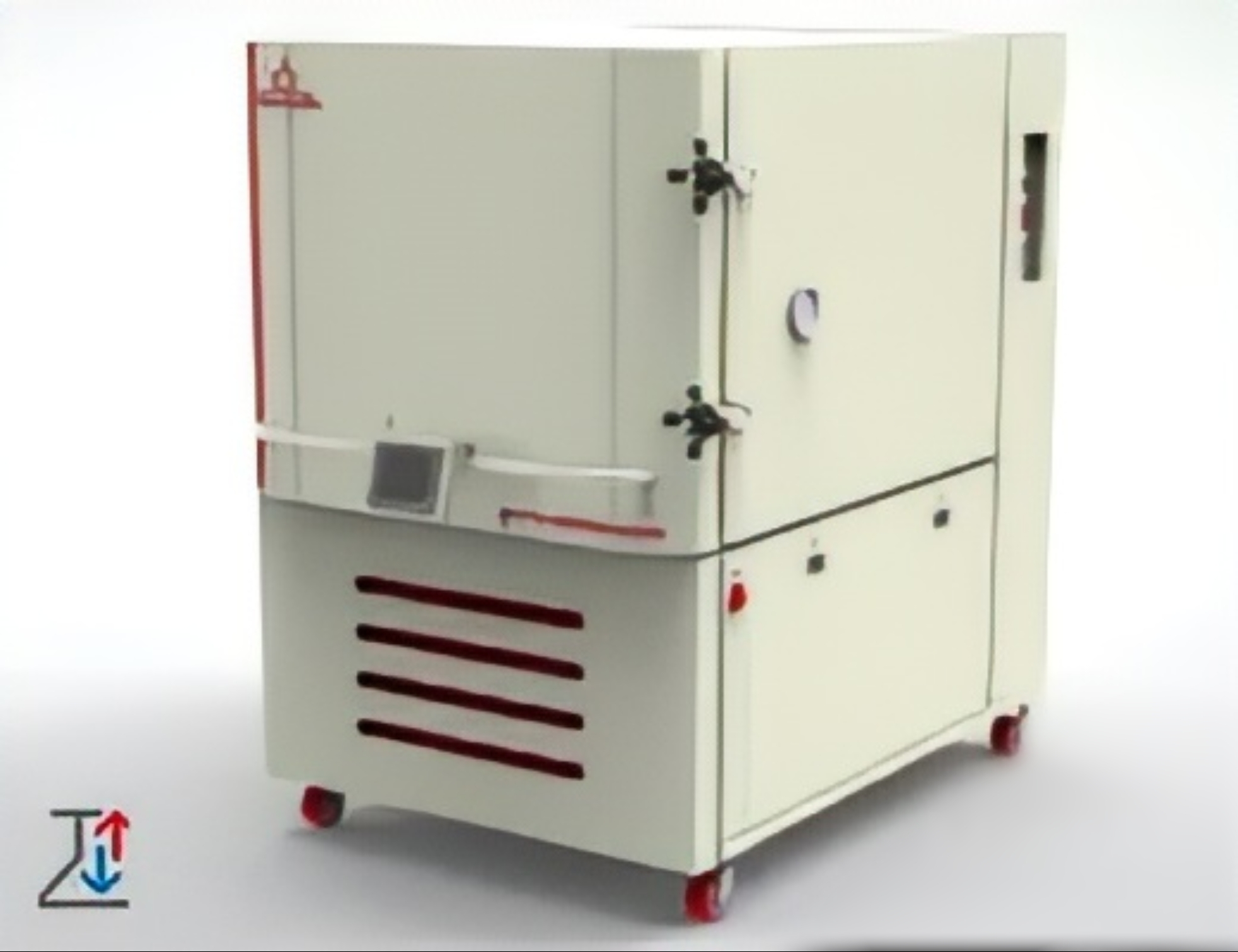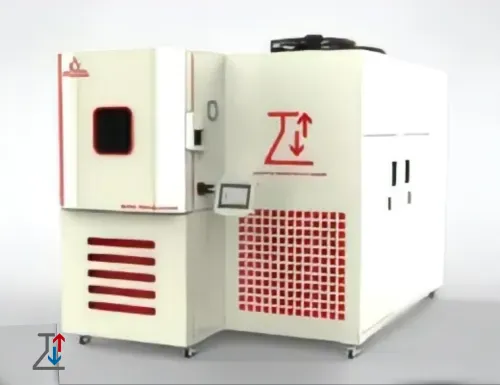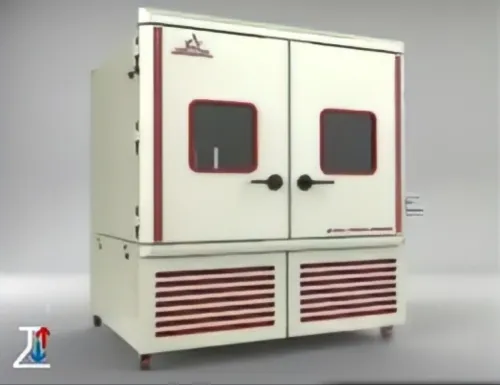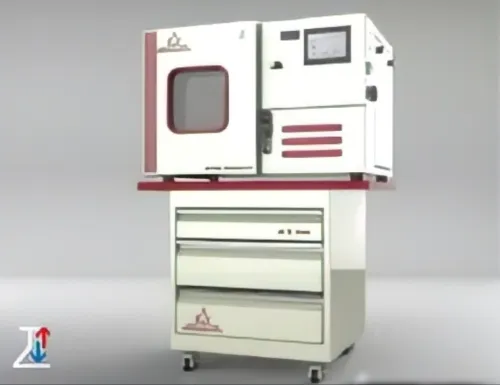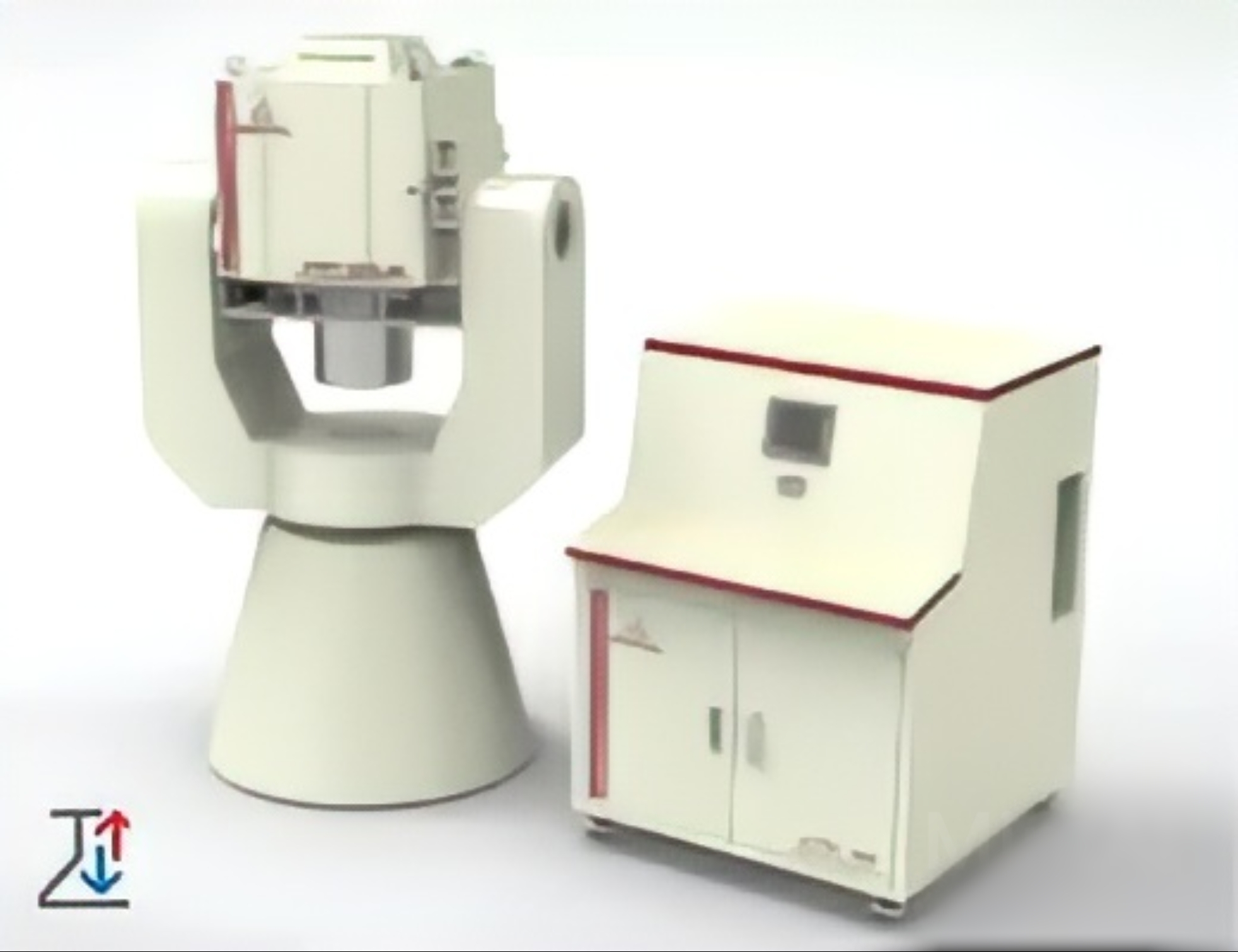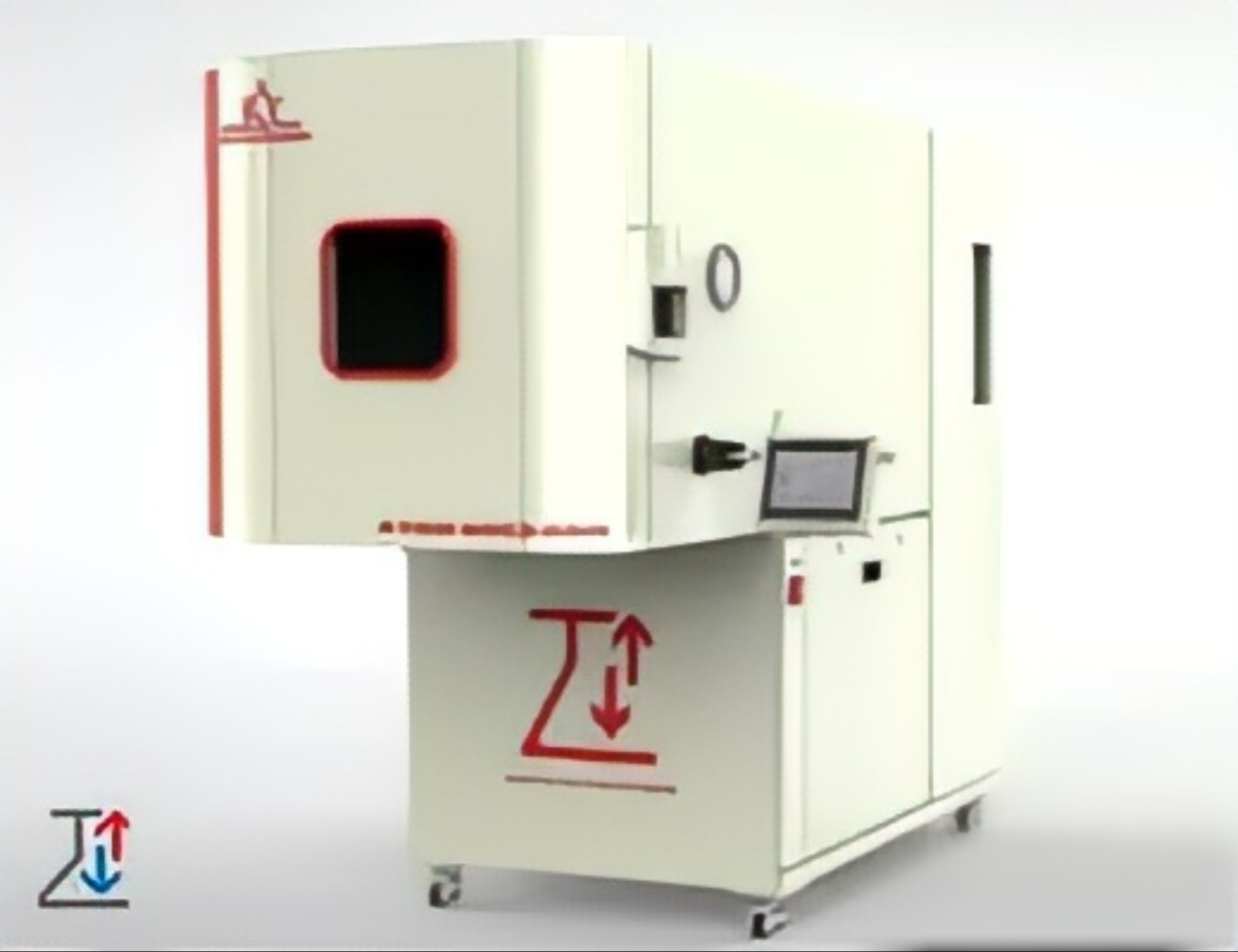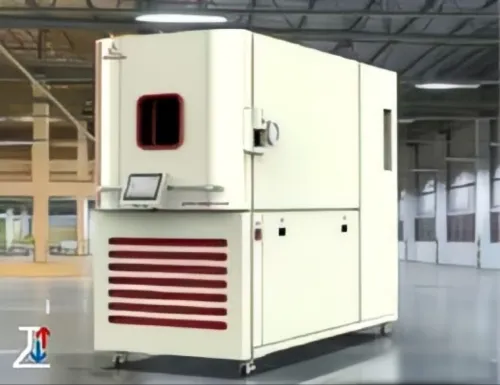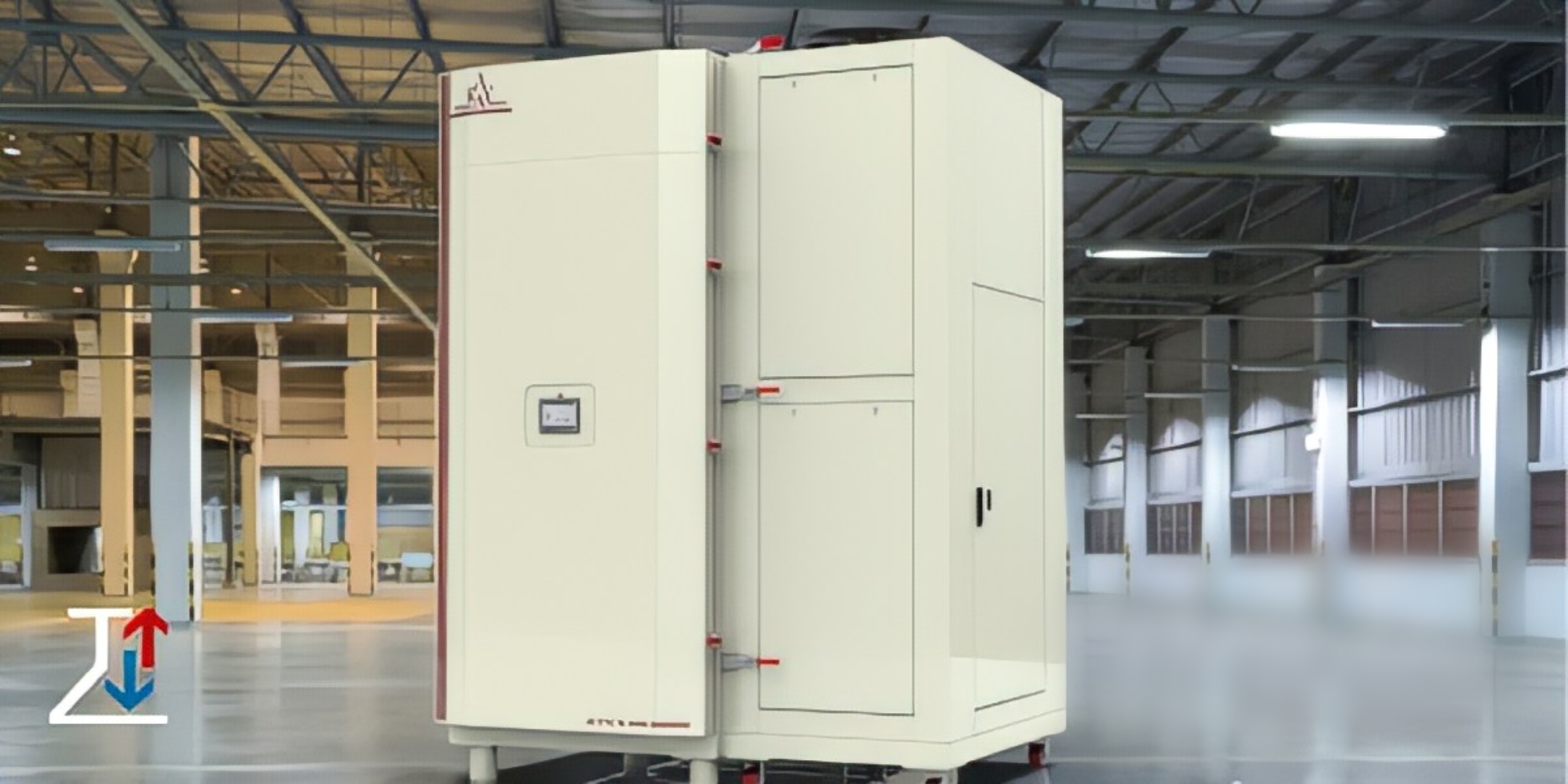
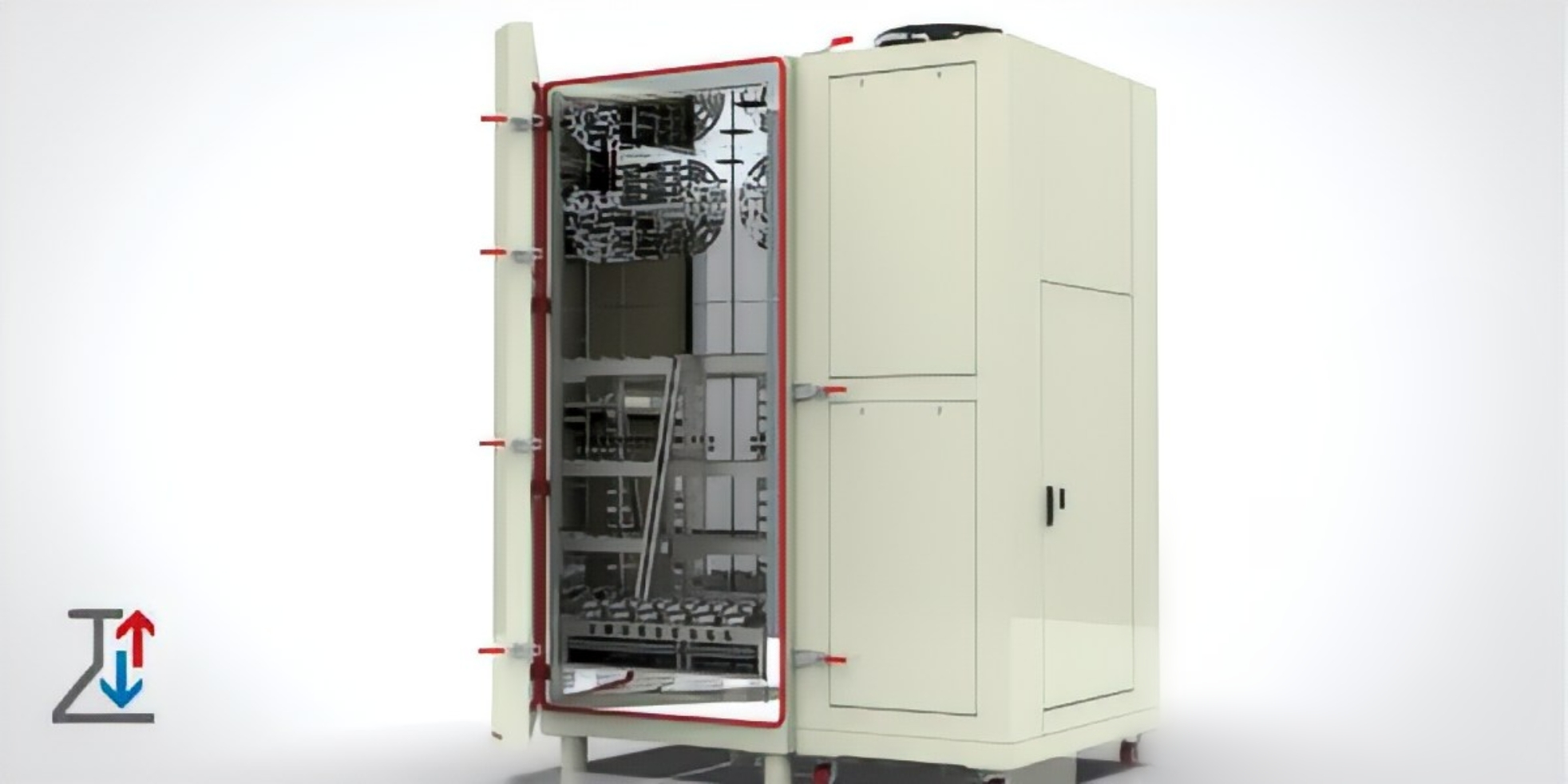
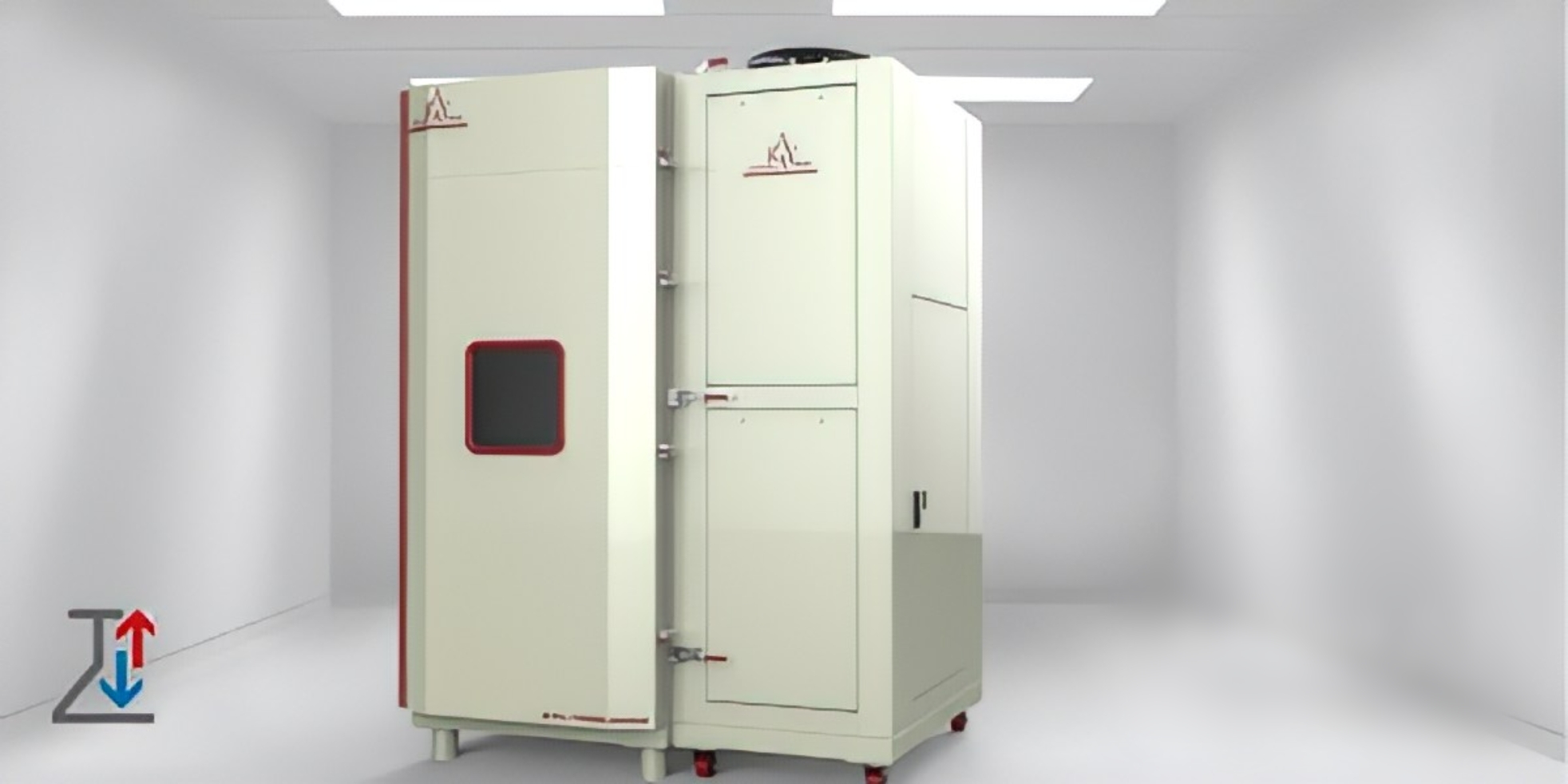
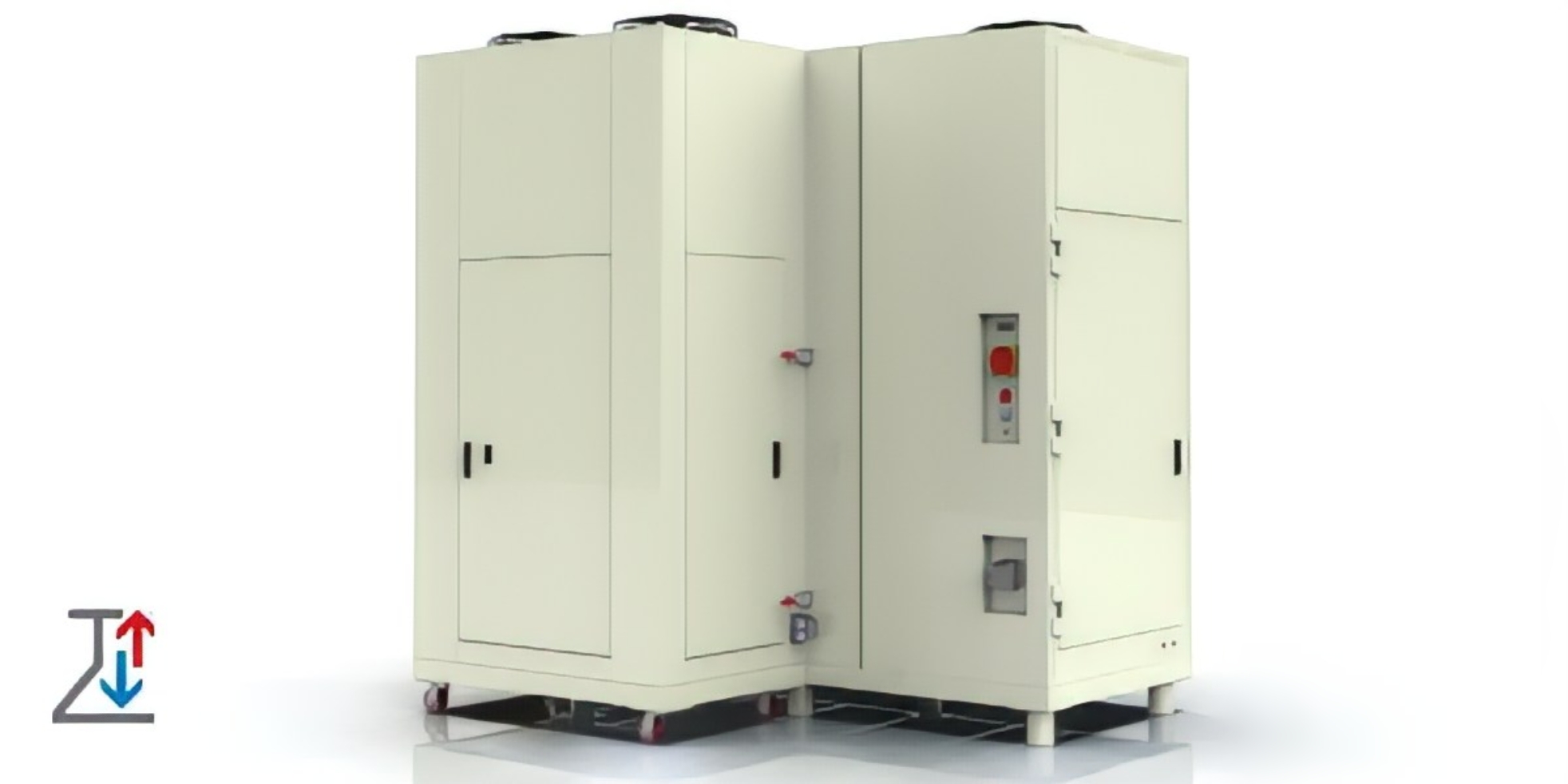
In today’s world, where products are exposed to harsh environmental conditions, ensuring durability against solar radiation is crucial. A Solar Radiation Test Chamber, also known as a UV chamber, is a specialized facility designed to replicate the effects of solar radiation under controlled conditions. This sophisticated testing environment serves a crucial role in various industries, particularly in assessing the performance and durability of materials, solar panels, and electronic components exposed to sunlight.
UV chambers play a vital role in replicating real-world sunlight exposure to assess how materials and products withstand UV radiation, heat, and environmental stress.
As industries strive to create products that perform reliably under diverse environmental conditions, solar radiation test chambers have emerged as a pivotal component of testing protocols. UV chambers simulate the effects of sunlight, including ultraviolet (UV), visible, and infrared radiation, allowing engineers to evaluate the durability and performance of materials and products.
What Is a UV Chamber?
A UV chamber is a controlled environment designed to replicate the intensity and spectral distribution of natural sunlight. By reproducing the solar spectrum, these chambers allow manufacturers to test how products react to prolonged exposure to sunlight. Factors like UV degradation, thermal stress, color fading, and material breakdown can be assessed under accelerated conditions.
Using fin plate fitting technology in evaporators and air condensers and plate converters in condensers Blue and medium, easy access to all equipment, and very high accuracy in performing cyclic and single-point tests have made this series of UV chambers take the lead from other competitors.
Using the latest methods in the world in designing electrical and mechanical circuits, using very complex algorithms in systems The controls that are programmed by the software engineers in the automation department of this company are among the most prominent parts It is the technology of this company and all production systems have user-friendly software with many capabilities.
Click here for more information about the Thermal shock chamber.
Features of Aryasarmayesh UV chambers
Modern UV chambers incorporate several advanced features to ensure safety, efficiency, and reliability. Below are some specialized features:
- Material Compatibility
- Filters
- Humidity Control
- Safety Mechanisms
- Uniform UV Distribution
- Compact and Portable Designs
- Energy Efficiency
- Temperature Control
- Multi-Purpose Applications
- Real-Time Monitoring
- Customizable Interiors
- Easy Maintenance
- Compliance with Safety Standards
- Beautiful design with easy access for future repairs
- Taking advantage of high technical knowledge and a strong engineering team
- Complying with the relevant standards in the design of electrical circuits and
Cooling systems - Strong documentation, including electrical and mechanical diagrams, lists Consumable parts, installation guide, start-up, and guide
- Speed in providing after-sales service
- 24 months warranty or 1111 working hours
- Compelling and user-friendly control software
- Easy and quick installation
- Economical and low cost
- High speed in temperature change rate
In general, all Aryasarmayesh temperature chambers like UV chambers can be equipped with an internal dry air production system, which will be tested to prevent the formation of dew on the test piece and will be optional, and the letter ‘D’ will be added at the end of the model. Also, all Aryasarmayesh temperature chambers can be designed as explosion-proof, whose dimensions are the same as simple chambers, and only two letters, EX are added to the end of the model.
How Does a Solar Radiation Test Chamber Work?
The operation of a solar radiation test chamber involves several interconnected systems:
Simulation of Sunlight:
A xenon arc lamp, the heart of the system, generates light closely matching natural sunlight. Filters modify the output to replicate specific geographical or environmental conditions.
Environmental Control:
By integrating temperature and humidity controls, the chamber can recreate harsh conditions like desert heat or humid tropics.
Exposure Cycles:
Programmable exposure cycles enable the simulation of day-night or seasonal changes, ensuring comprehensive product testing.
Data Collection:
Sensors continuously measure irradiance, temperature, and humidity, ensuring test accuracy and repeatability.
Ensure UV & Heat Resistance with Cutting-Edge UV Chambers
UV radiation and excessive heat can weaken materials, fade colors, and reduce performance. UV chambers allow industries to evaluate product resistance against these factors.
Key features of modern UV chambers include:
✔ Programmable UV cycles to simulate day-night transitions.
✔ Temperature and humidity control for precise environmental replication.
✔ High-intensity UV lamps for accelerated exposure testing.
By identifying vulnerabilities early, manufacturers can develop UV-resistant coatings, heat-resistant materials, and more durable products.
Advantages of UV Chambers:
By conducting tests on your products, from bricks to printed circuit fibers, or even projects resulting from research and development, you will promote and ensure their quality, we will support you.
UV chambers deliver results in minutes, making them time-efficient compared to traditional methods.
They reduce chemical waste and require minimal water or energy. Built-in safety features protect operators from harmful exposure.
In the solar energy sector, the reliability and efficiency of solar panels are paramount. UV chambers play a pivotal role in quality assurance, helping manufacturers identify weaknesses or design flaws early in the development process, leading to more durable and efficient solar panels. Next, we will fully introduce the benefits of UV test chambers.
Test Under Extreme Sunlight Conditions with Confidence
Industries such as automotive, aerospace, and defense require products to function in harsh environments. UV chambers create extreme sunlight conditions, allowing for rigorous testing under:
- High-temperature desert conditions.
- High-altitude UV exposure similar to aerospace environments.
- Tropical humidity and heat cycles for electronics and coatings.
This ensures reliable product performance, safety, and longevity, even in the world’s toughest environments.
Accelerated Aging & Performance Testing for UV Exposure
Solar exposure can weaken materials over time, making accelerated aging tests critical for predicting long-term performance.
Accelerated testing benefits:
✔ Condenses years of sunlight exposure into weeks or months.
✔ Identifies material vulnerabilities before market release.
✔ Improves product lifespan by optimizing UV-resistant coatings.
Industries such as automotive and construction rely on these tests to ensure their products can withstand years of outdoor exposure without significant degradation.
Accelerated Aging & Performance Testing for UV Exposure
Solar exposure can weaken materials over time, making accelerated aging tests critical for predicting long-term performance.
Accelerated testing benefits:
✔ Condenses years of sunlight exposure into weeks or months.
✔ Identifies material vulnerabilities before market release.
✔ Improves product lifespan by optimizing UV-resistant coatings.
Industries such as automotive and construction rely on these tests to ensure their products can withstand years of outdoor exposure without significant degradation.
Validate Product Lifespan with High-Precision UV Chamber
Understanding how a product performs over time is crucial before market launch. UV chambers provide detailed insights into:
Color stability and fade resistance over prolonged exposure.
Mechanical strength degradation due to UV and heat stress.
Material expansion, contraction, and warping under high-temperature conditions.
This validation ensures that products maintain their structural and aesthetic integrity, boosting consumer trust and product reliability.
Accurate, Consistent, and Controlled Solar Testing Solutions
For manufacturers, achieving consistent and repeatable test results is critical. Modern UV chambers feature:
✔ Uniform light distribution for even exposure.
✔ Programmable settings for precise test replication.
✔ Real-time data logging for comprehensive analysis.
These features help industries make data-driven decisions, improve product designs, and ensure long-term durability against solar radiation effects.
Purpose of UV chamber:
The UV chamber stands at the forefront of advancing research, development, and quality assurance across multiple industries. Its ability to replicate sunlight conditions in a controlled environment empowers researchers and manufacturers to assess solar radiation’s impact on materials and devices accurately. This contributes to improving existing products and paves the way for innovations in solar energy, materials science, and electronic component design. The decision to invest and purchase a UV chamber is, therefore, a strategic move toward ensuring the reliability, durability, and performance of products in the face of prolonged exposure to sunlight.
The primary purpose of a UV chamber is to simulate sunlight conditions and evaluate how materials and devices respond to prolonged exposure to solar radiation. This controlled testing environment allows researchers, engineers, and manufacturers to assess the impact of sunlight on the properties and performance of products, helping to enhance their reliability, efficiency, and overall lifespan.
Applications of UV chamber:
UV chambers are instrumental in evaluating the efficiency and durability of solar panels. By subjecting panels to simulated sunlight conditions, manufacturers can assess their performance over time, helping to improve design and enhance overall energy conversion efficiency.
Various industries, including aerospace and automotive, use UV chambers to assess how materials respond to prolonged exposure to sunlight. This is crucial for developing materials that can withstand outdoor conditions without degradation or loss of structural integrity. UV chambers are versatile devices, catering to a wide range of industries and needs:
Automotive Industry
The automotive industry uses UV chambers to assess the durability of vehicle components, including paint, interior materials, and electronic systems. By exposing parts to intense UV radiation and heat, manufacturers can predict and mitigate issues such as fading, cracking, and electronic failures.
Construction Materials
Building materials, especially those used in outdoor environments, must withstand prolonged exposure to sunlight. UV chambers help evaluate the performance of coatings, plastics, and composite materials used in construction.
Aerospace
Aircraft materials face intense UV exposure at high altitudes. Testing in solar radiation chambers ensures that materials such as composites, adhesives, and paints can endure extreme sunlight and temperature fluctuations.
Solar Panel Testing
Solar panels are continuously exposed to sunlight throughout their operational life. UV chambers are used to evaluate the long-term performance and reliability of photovoltaic (PV) modules, ensuring optimal energy generation and structural integrity.
Consumer Goods
Products such as outdoor furniture, textiles, and electronics are subjected to solar radiation testing to predict their lifespan and resistance to UV-induced wear and tear.
UV chamber price:
The features and technologies that a UV chamber have a big impact on how much it costs. More sophisticated chambers with exact temperature control, spectrum matching, and irradiance control are typically more costly. The accuracy of the results is increased by the incorporation of state-of-the-art features that guarantee the testing settings accurately replicate real-world events.
Test of Solar Radiation Each chamber has a distinct irradiance level, which corresponds to a different amount of sunlight. Price-wise, greater irradiance chambers are frequently more expensive.
It’s important to examine how features, size, compliance requirements, and technology interact when looking at the Solar Radiation Test Chamber price. Achieving the ideal balance between these variables guarantees that your investment will satisfy the strict specifications of solar panel testing in addition to being within your budget. To make an informed choice that fits your testing requirements, give the accuracy of the results and their long-term value more weight than the initial expenditures.
Purchase of a Solar Radiation Test Chamber:
The purchase of a Solar Radiation Test Chamber is a pivotal decision for industries and research facilities seeking to elevate their capabilities in assessing materials, solar panels, and electronic components under controlled sunlight conditions. This strategic investment holds the key to unlocking insights into the performance and durability of products, contributing to advancements in solar energy, material science, and electronic component design.
The decision to buy a UV chamber is a strategic investment with far-reaching implications for industries involved in solar energy, material science, and electronic component design. It is a commitment to improving product reliability, enhancing performance, and contributing to advancements in technology. By carefully considering key factors, understanding the benefits, and choosing a reputable supplier like Aryasarmayesh, organizations can harness the full potential of photovoltaic module test chambers to advance their testing capabilities and drive innovation in their respective fields.
Please contact us via our phone to discuss your testing needs, request a quote, or learn more about our temperature test chamber options.
UV chambers simulate high-altitude or low-pressure environments, typically used in aerospace testing or for products transported by air. By lowering pressure, UV chambers evaluate how materials, electronics, and mechanical systems perform under reduced atmospheric conditions.
